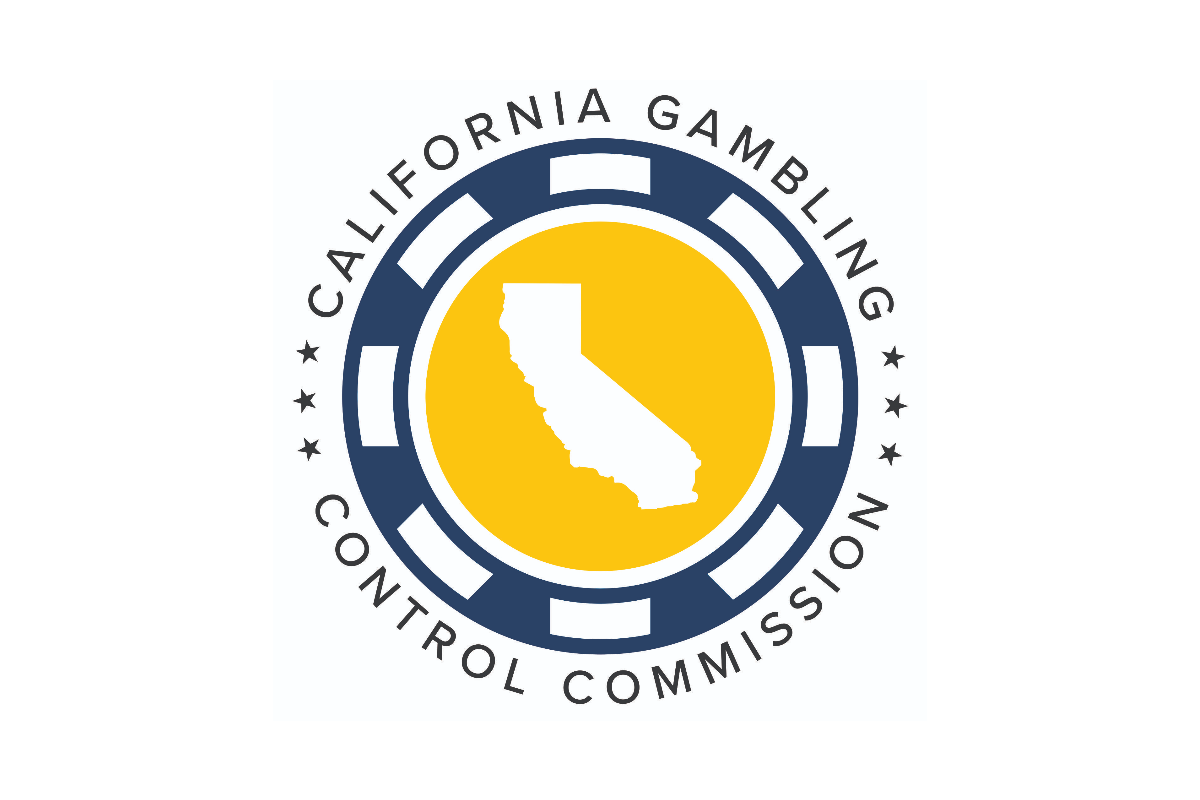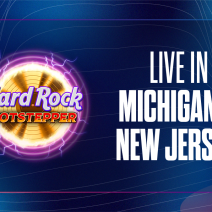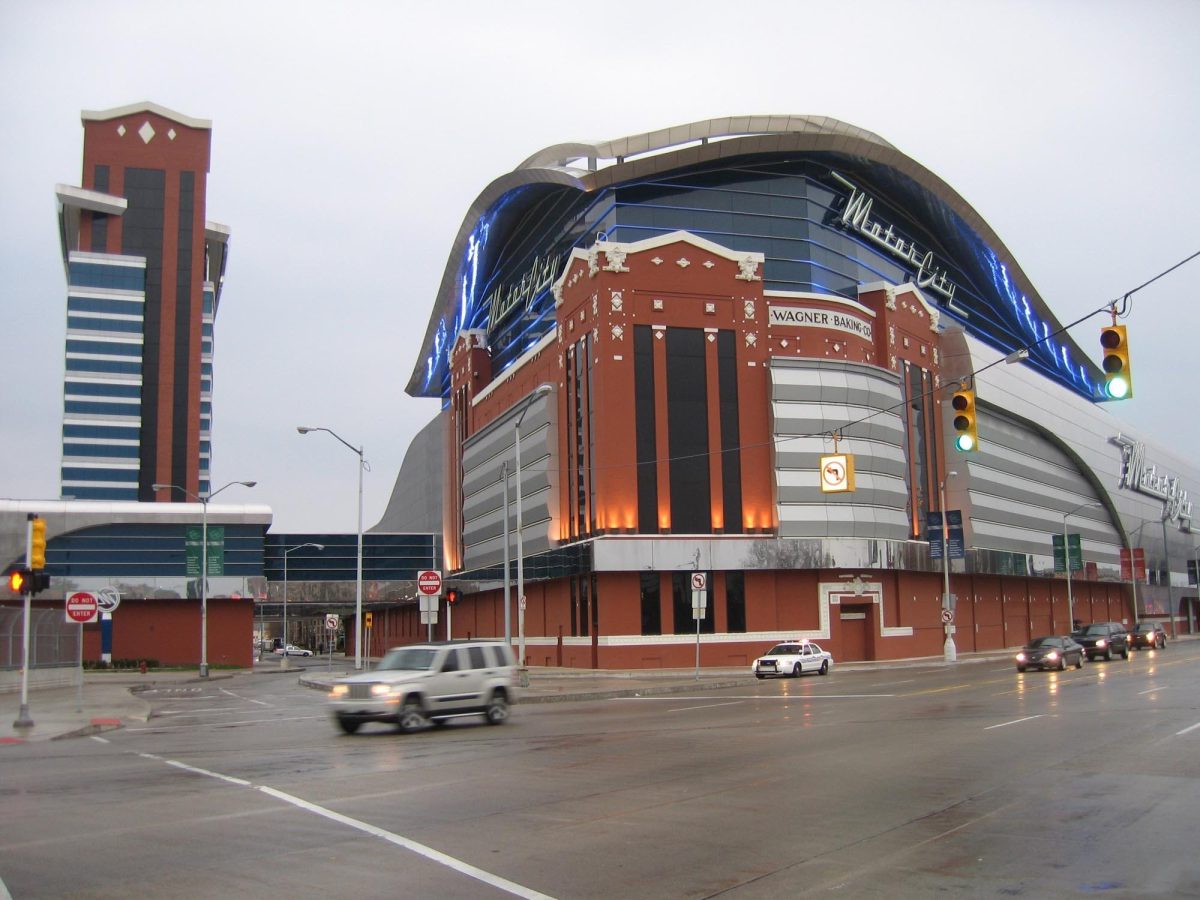
Americas Cardroom’s Flagship Online Super Series is Underway with Record $40 Million GTD
Americas Cardroom (ACR) has begun the biggest tournament series in its history, the $40 Million Online Super Series (OSS) and it’s already attracting worldwide poker players in record numbers.
The flagship series got underway this past Sunday with a slate of events that included a $1,000,000 Million High Roller. But that’s just a taste of what’s to come with eight total guaranteed tourneys of $1 million or more on the schedule through May 29th.
“This is the biggest tourney series in our history and it’s not even close,” stated Chris Moneymaker, Team Pro at Americas Cardroom. “It just shows how much our network has grown in worldwide players. And when it’s over, I think some of the final prize pools will blow players’ minds.”
The Online Super Series is the series designed for all player types, from the beginner to the seasoned pro. There is a mix of small, medium and large buy-ins and players can choose from Texas Hold’em, Omaha, Turbos, Hyper Turbos, Mega Stacks, Progressive Knockouts and more.
Moneymaker went on to add there are several firsts for ACR in this series like its biggest buy-in ever ($5,200 for $3 Million GTD) and its biggest Omaha tourney ever ($300k GTD PKO). Flights for the three multi-flight tourneys ($2 Million, $1.5 Million and $200k GTD) are also already underway with all Day 2’s coming on Monday, May 29th.
For more details on the OSS, including the full schedule, visit the promotion page at AmericasCardroom.eu. For further information, please contact: [email protected].










